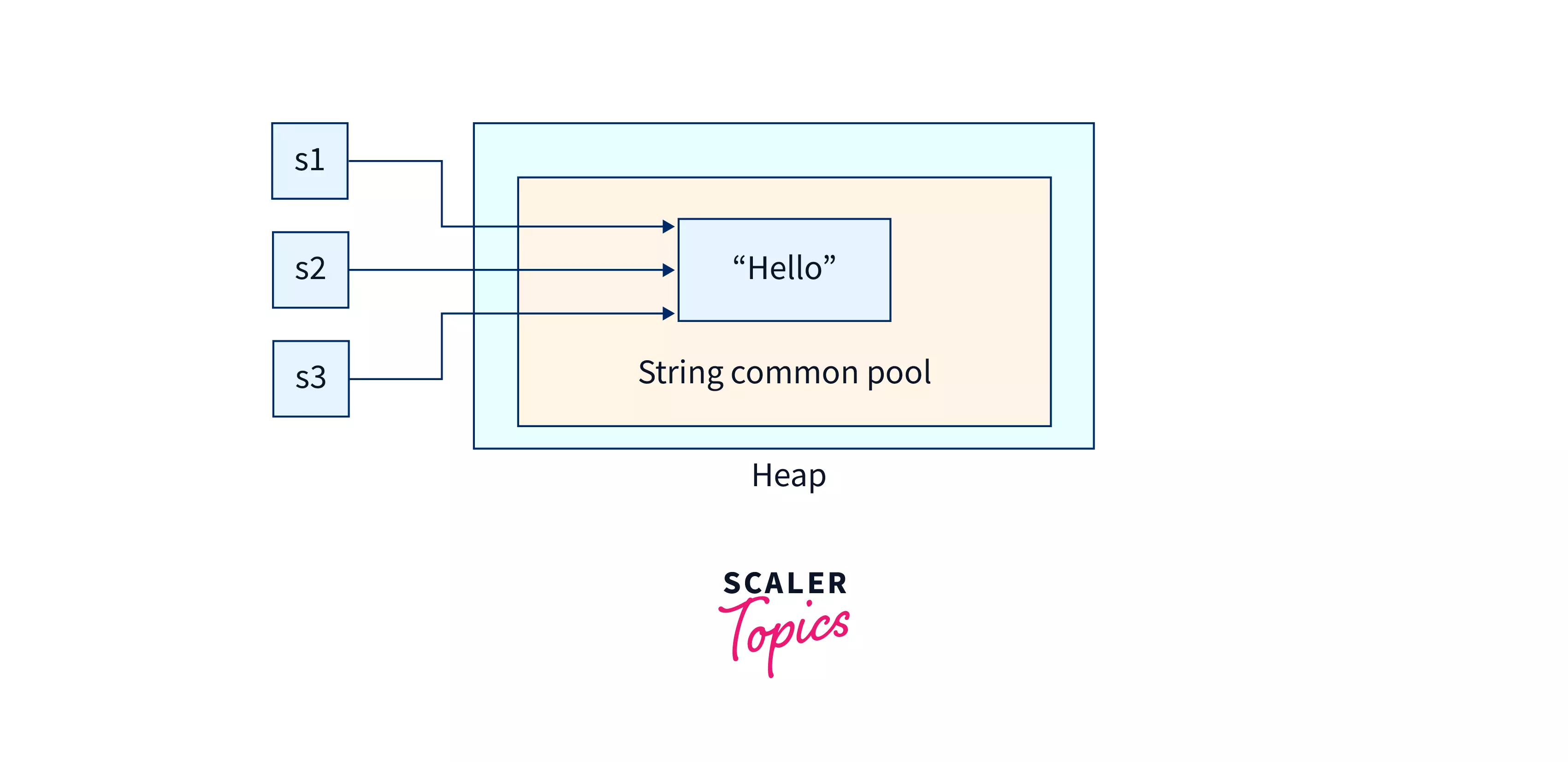Why Are Strings Immutable in Java? Comprehensive Guide for Beginners
Why Are Strings Immutable in Java? Comprehensive Guide for Beginners
Blog Article
Immutable Strings: A Secret Part in Ensuring Data Uniformity and Integrity
In the realm of information management, the relevance of unalterable strings can not be overemphasized. The principle of immutable strings goes beyond plain triviality; it is a cornerstone in the complex internet of data governance.
The Idea of Immutable Strings
Immutable strings, an essential concept in shows, describe strings that can not be modified once they are created. Fundamentally, once a string value is assigned, any operation that shows up to change the string really produces a new string. This immutability guarantees information uniformity and reliability in applications, as it prevents unexpected adjustments to the original information.
Benefits in Information Uniformity

Data consistency is crucial in numerous elements of software growth, consisting of database management, multi-threaded atmospheres, and distributed systems (Why are strings immutable in Java?). Unalterable strings contribute substantially to accomplishing this uniformity by stopping data corruption because of simultaneous accessibility. In situations where multiple processes or threads engage with the exact same information concurrently, immutable strings serve as a guard against race conditions and synchronization issues
Additionally, the immutability of strings simplifies debugging and screening procedures. With unalterable strings, developers can rely on that when a string is set, it will certainly stay the same, making it less complicated to map the resource of errors and ensuring that test instances produce consistent outcomes. This reliability in information taking care of inevitably results in more durable and stable applications.

Executing Unalterable Strings
Making certain the immutability of strings requires a thoughtful approach to their execution in software program development. When a string item is developed, one essential technique is to make string classes in a method that prevents modifications. By making strings immutable, programmers can improve data uniformity and dependability in their applications.
To carry out unalterable strings successfully, programmers ought to prefer creating new string items as opposed to modifying existing ones. This technique ensures that as soon as a string is assigned a worth, it can not be altered. In addition, any type of procedure that shows up to change the string should create a new string with the desired changes rather than altering the original.
Furthermore, using immutable strings can simplify concurrency administration in multi-threaded atmospheres. Because unalterable strings can not be changed after production, they can be safely shared among numerous threads without the danger of data corruption.
Duty in Reliability Guarantee
In software program advancement, the application of immutable strings plays a critical duty in ensuring the integrity of data procedures. Immutable strings, as soon as created, can not be changed, ensuring that the data they represent remains consistent throughout the application's execution. This immutability home offers a level of guarantee that the information being refined will not be unintentionally changed, resulting in unforeseen outcomes or errors in the system.
By incorporating unalterable strings right into software application style, designers can enhance the integrity of their applications by minimizing the dangers linked with mutable data - Why are strings immutable in Java?. Immutable strings assist in preventing data corruption or unintended adjustments, which can be particularly vital when managing sensitive information or when information integrity is vital
Additionally, making use of immutable strings streamlines concurrent handling, as several strings can securely access and share string data without the threat of one string modifying the content while an additional is reviewing it. This aspect contributes considerably to the total dependability of the software system, guaranteeing consistent and foreseeable actions in data managing operations.
Applications and System Assimilation
The smooth combination of unalterable strings into various applications and systems is crucial for making sure robust information uniformity and dependability across diverse technical settings - Why are strings immutable in Java?. Immutable strings blog here play an important duty in boosting the honesty of information exchanges and interactions within facility software ecological communities. By integrating immutable strings into applications, programmers can mitigate the dangers linked with information tampering, unapproved alterations, and inadvertent alterations, thus fortifying the overall protection pose of the system
In the context of system integration, immutable strings function as a fundamental aspect for establishing protected communication channels and facilitating smooth data transfers in between various elements. Their immutable nature guarantees that data sent between systems continues to be unmodified and verifiable, minimizing the probability of disparities or mistakes that can compromise the integrity of the entire system. Moreover, unalterable strings can enhance interoperability between disparate systems by offering a standard style for information representation, allowing a lot more reliable data handling and exchange methods across interconnected systems. By embracing unalterable strings in applications and system combination procedures, organizations can fortify their data facilities and support the dependability and uniformity of their details properties.
Final Thought
In conclusion, immutable strings play a crucial duty in preserving data consistency and integrity in numerous applications and system assimilations. By making certain that strings can not be transformed as soon as developed, the integrity of data is protected, reducing the danger of errors and disparities. Applying unalterable strings can considerably boost the dependability of systems, ultimately leading to even more precise and reputable information handling.
Report this page